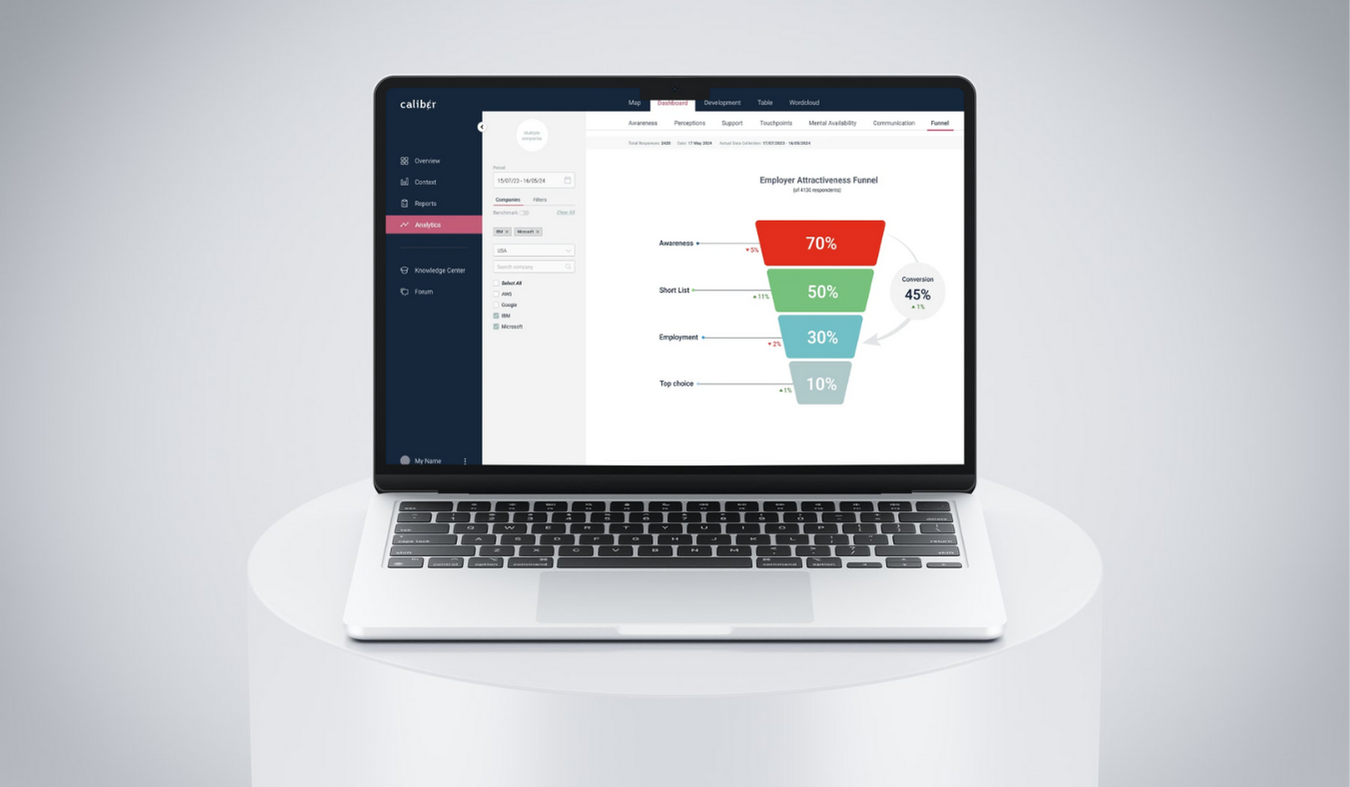

In a world where companies face an ever-rising tide of expectations from a plethora of different stakeholders, crisis management sooner rather than later ends up being a necessary discipline for most CEOs.
The crisis can have the magnitude of a giant oil spill that shakes the very foundations and legitimacy of the company or mere ripples from a disappointing quarterly result that raises a question mark about how the top dog is doing.
Regardless, when a company comes under attack, it almost always becomes more tight. There is a need to control the message, manage the situation, provide a response, and show who holds the reins.
Tight and centralized control can be necessary in the first stage of crisis management, but quickly, the company also needs to realize that in order to truly manage – and recover from a crisis, it must engage with its stakeholders.
First to assess the damage, but most importantly to learn how to deal with the situation and gauge what is working. Companies that listen, correct their wrongs, and are quick to change are much easier to forgive.
Big companies know by now the basic rules of crisis management: have a plan, seek outside help, be informative, stick to the truth, and act according to their words. Yet one aspect is too often completely forgotten – the employees.
We all know the terrible cliché: our people are our greatest asset. Yet in reality, employees and their loyalty are often taken for granted – precisely because of their loyalty.
In the face of a rapidly developing crisis, the company’s own employees, apart from a few, seem totally irrelevant. If they are not directly involved in managing the crisis, need to provide information, or are among those who are screwed and need to be fired, they are seen as a distraction.
And they are loyal, so unlike your other stakeholders, they will not yell at you in the board room or protest outside your HQ (if they do, you are in serious trouble).
The silent backbone of your company is extremely important for three main reasons:
1. They are the face of your operation
Every day, they respond to customers, engage with suppliers, and talk among themselves. When they pick up their kids, when they come home, and when they go out drinking – they often get to act as ambassadors of their company, especially during a crisis, when they are more likely to be met with questions or witty remarks.
How well are they equipped to answer these questions? Do they feel comfortable doing so? You also want to avoid situations where employees defend the company on their own initiative with the best of intentions but with limited or even false information.
2. Their motivation – and, by implication, your bottom line – is at stake
How do they feel about the fact that their company is screwing up? Likely, motivation will take a hit. Some might even start to worry that the company’s weakened brand is going to hurt their own and that it is time to move on. The more valuable they are, the sooner that thought will occur to them.
3. Without your employees, your crisis solution is going nowhere fast
Nothing is more damaging to your reputation or will bring back the crisis faster than if you promise to change but fail to deliver. Change does not happen on its own, and there is often considerable organizational inertia to overcome.
At the very least, your employees need to understand why change is needed and what their role is going to be. You may have told the entire world what you intend to do – but you need to tell them, too.
Employees are far too important to ignore during a crisis. You should see them as a stakeholder the same way you consider the media, the public, and your board.
Seeing them as a distinct stakeholder makes it natural to ask the same questions you would in regard to every other stakeholder group: how do they perceive me, what do they expect from me, how should I engage them, what do I hope to achieve through our dialogue?
They also need to be part of your crisis plan (you do have a crisis plan, right?). If there is a clear and simple procedure for keeping employees not just informed but for enlisting all relevant resources of the organization in crisis management, it is not a distraction but a powerful tool.
When employees are taken seriously at a crucial time in their organization, a crisis can actually strengthen their loyalty and commitment instead of eroding their trust and affinity. “Never let a good crisis go to waste,” as they say.
But it takes dedicated resources to ensure that everybody’s role is clear and that messages are kept dead simple. Be very self-critical of your message: Is it credible enough or will the smart intern see through it in a heartbeat?
You are under extraordinary scrutiny during a crisis, so be extra truthful. Is it simple enough that the janitor can deliver it? Is it completely clear and unambiguous? It is so very tempting to be a little vague, but especially during a crisis it is important to resist this temptation.
Be very self-critical of your message: is it credible enough or will the smart intern see through it in a heartbeat? Is it simple enough that the janitor can deliver it?
Finally, you should not consider the crisis over until you are absolutely sure that all employees are on board. Make sure they understand what happened and why – and they know exactly what the plan is and how they can help.
They need to understand if the organization has changed and feel ready to be part of that change. Do not assume they are: check in with them and make sure.






© 2024 Group Caliber | All Rights Reserved | VAT: DK39314320